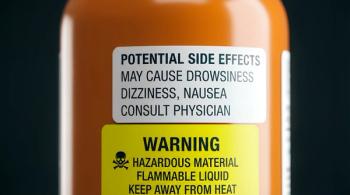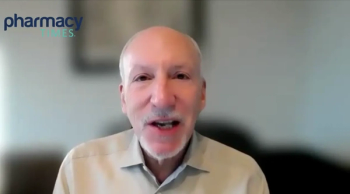
Pediatric Pharmacy Group Calls for Better Drug Shortage Strategy
Noting national drug shortages often disproportionately affect pediatric patients, the Pediatric Pharmacy Advocacy Group (PPAG) is encouraging the FDA to include child-specific considerations in its policies for preventing and mitigating drug shortages.
Noting national drug shortages often disproportionately affect pediatric patients, the Pediatric Pharmacy Advocacy Group (PPAG) is encouraging the FDA to include child-specific considerations in its policies for preventing and mitigating drug shortages.
“The FDA has established a strategic plan to prevent and mitigate drug shortages. However, issues specific to drug shortages impacting pediatric patients are not specifically addressed in this plan,” the advocacy group stated in an article published recently in the Journal of Pediatric Pharmacology and Therapeutics. “Future revisions of the strategic plan should include a pediatric focus.”
The PPAG noted children are at particular risk of harm related to drug shortages due to a “comparative increase in the use of impacted medicines,” such as parenteral nutrition in newborns.
Other pediatric-specific concerns during drug shortages include fewer FDA-approved indications for use in children, as well as insufficient clinical data to aid clinicians in selecting therapeutic alternatives.
The PPAG cited several examples of drug shortages’ negative impact on pediatric patients, including a “decreased 2-year event-free survival rate in pediatric patients with Hodgkin's lymphoma due to a mechlorethamine shortage.”
In a 2013 survey of health care professionals on cancer drug shortages, James Hoffman, PharmD, noted oncology pharmacists “must often use complex treatment regimens, and shortages add unnecessary complexity” to managing cancer patients of all ages.
“Drug supplies remain unpredictable and serious problems persist,” he stated. “…Unlike medications for other diseases, there are few, if any, therapeutically equivalent alternatives available for many oncology drugs in short supply.”
These complex issues “necessitate the involvement of pediatric pharmacy specialists in discussions of drug shortages, decisions, and strategic planning,” the PPAG wrote.
“An established drug shortage policy or guideline allows hospitals to react in a timely and efficient manner to actual or potential drug shortages, thereby ensuring high-quality clinical care for patients and reduced risks of adverse effects and poor outcomes,” the advocacy group stated. “An interdisciplinary team that includes representatives from pediatric pharmacy, nursing, medical staff, and other key stakeholders should be involved in the development of a drug shortage policy.”
Though the PPAG recommended revising the current FDA drug shortage strategy to potentially “decrease the burden…impacting pediatric patients,” the group supports the following existing recommendations from key organizations, provided that pediatric specialists are involved in their implementation:
Newsletter
Stay informed on drug updates, treatment guidelines, and pharmacy practice trends—subscribe to Pharmacy Times for weekly clinical insights.

































